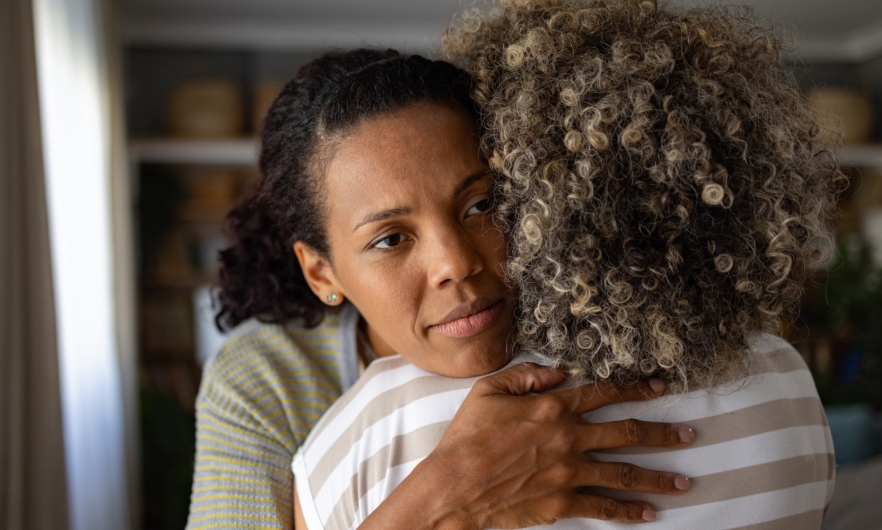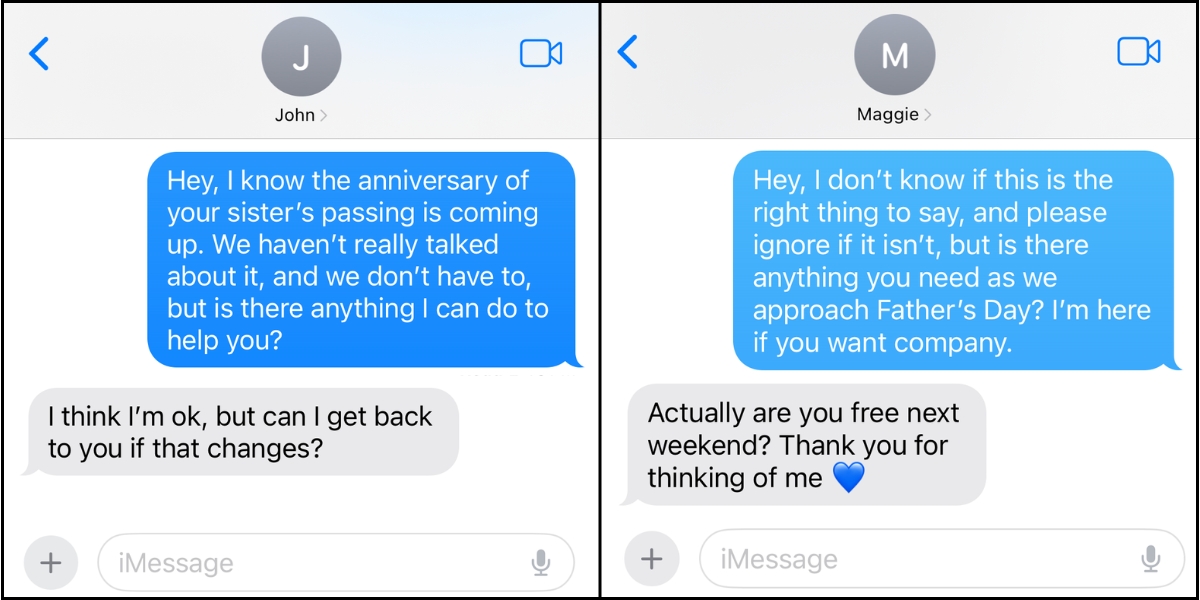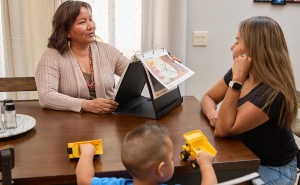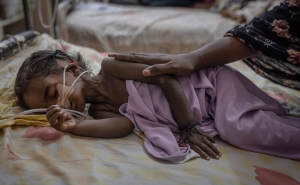How to Offer Support and Find Strength on a Trauma Anniversary
Not all anniversaries are cause for celebration, but they don’t have to be cause for dread either.

We often think of anniversaries as positive milestones worth celebrating: weddings, first dates, birthdays, and graduations.
But we may also remember dates associated with traumatic events, such as a loved one’s death, a medical diagnosis, a school shooting, a natural disaster, an assault. Dates like these are sometimes called trauma anniversaries.
The unsettling feelings that come with these dates are sometimes referred to as “the anniversary effect.” The ways it manifests vary, as do the mechanisms people use to cope. Among the important things individuals and communities can do to offer support are normalizing the emotions that come with these experiences and ensuring access to mental health treatment for those who need it.
Feeling the Effects of a Traumatic Experience
Trauma anniversaries can cause any number of feelings, from sadness and grief to anger and anxiety. Some people may become irritable or aggressive, have trouble sleeping, or even feel physically ill. People with PTSD may experience symptoms of reliving an event, through flashbacks, memories, or dreams.
A trauma anniversary doesn’t always result in anxiety or negative feelings. Many people find strength in creating a routine that commemorates the day, says Laura Murray, PhD, MA, a senior scientist in Mental Health and a clinical psychologist. On the anniversary of a loved one’s death, for example, “they might take the day off work, go out to lunch, visit the person’s grave, or attend a faith ceremony.”
Murray says that it’s expected to feel upset when reminded of a traumatic experience, and acknowledging and normalizing that type of response is something anyone—mental health professional or everyday person—can do. “One of the things we've always tried to do in our work is not to over-pathologize,” she says. “Is it normal for some to be upset by something traumatic? Yes. Does that mean you have PTSD? Not necessarily.”
More Than a Day
While an anniversary itself is a single date in time, its effect can start in the days and weeks leading up to it and last beyond the day itself. “There are some folks that, even months before, are nervous about the anniversary,” says Murray. “They're thinking about it, trying to figure out how to manage it—we sometimes describe this as spinning.”
Anniversary reactions can also be felt on days other than the anniversary of the event itself. Following the death of a loved one, for example, similar feelings may crop up not just on the anniversary of their death, but also on the person’s birthday. Recognitions like Memorial Day may trigger the effect for veterans who lost friends to war, as can times of year for people who have experienced natural disasters.
How to Support an Individual Through a Trauma Anniversary
Being there for one another can help limit mental health problems, says Murray. But how you support someone can vary depending on the person. “You need to know that person and what they want or need,” she says. Some people are open about their experiences and want opportunities to share, while others prefer to reflect privately.
“And if you don’t know, ask,” Murray says, emphasizing that it’s best to do this well before the anniversary.

Here are some ways to support someone:
- Text or call them to check in.
- Send them a care package.
- Make plans for the day and ask them to join you.
- For people who are parents, offer to watch their kids for the day.
- Respect that they may want space and to cope on their own.
The goal, Murray says, is to direct them away from negative coping mechanisms like substance use. That said, if a person does plan to use substances to manage their emotions, find ways to still support them and keep them safe if they do use that day.
Finding Strength When a Trauma Anniversary Affects You
“We coach people that have experienced trauma to speak up to the people close to them about what they need,” Murray says. This might mean emailing or texting friends to ask that they please not mention a death or traumatic experience to them on its anniversary, or asking specific people to spend time with you that day as a distraction.
Mental health experts recommend that everyone identify a person, or multiple people, that you can reach out to in times of distress. Knowing who those people are will make asking for help in the moment much easier.
It’s also important to recognize that it’s normal for a person’s response to a trauma anniversary to vary over time. “Every person is different, every event is different, and their perspective changes as they age,” Murray says, emphasizing that people shouldn’t set expectations for themselves or others.
Cognitive coping is an evidence-based cognitive behavioral therapy that everyone can practice and benefit from, whether or not they’ve experienced trauma, and that can be used both preventatively or to cope with a specific challenge. Put simply, it involves training your brain to think about a situation in a different way—ideally one that’s more constructive or positive. “That’s where we have our power,” Murray says. “We can't control other people or situations, but we can control what goes through our head.”
Aliza Rosen is a digital content strategist in the Office of External Affairs at the Johns Hopkins Bloomberg School of Public Health.





